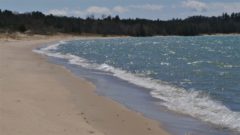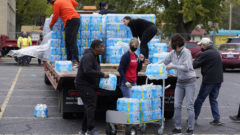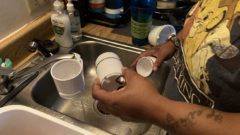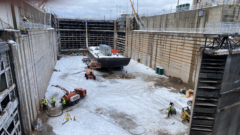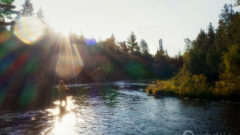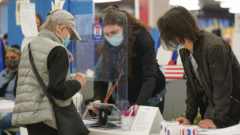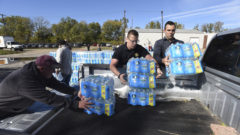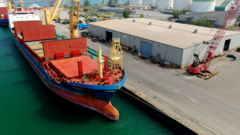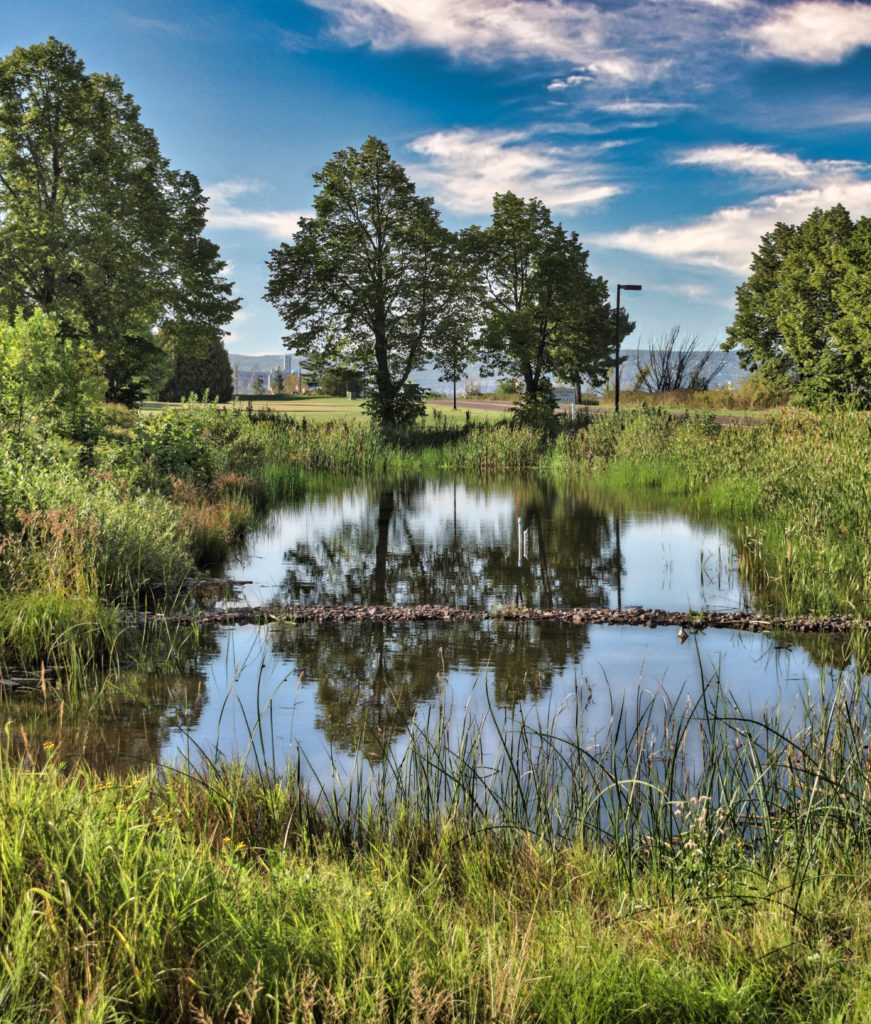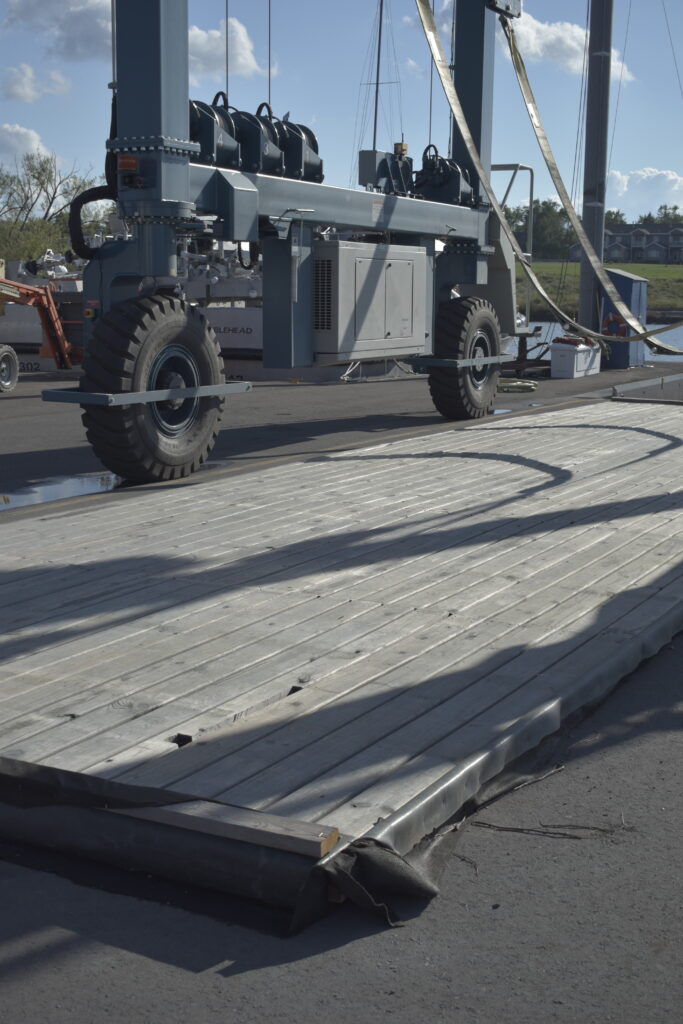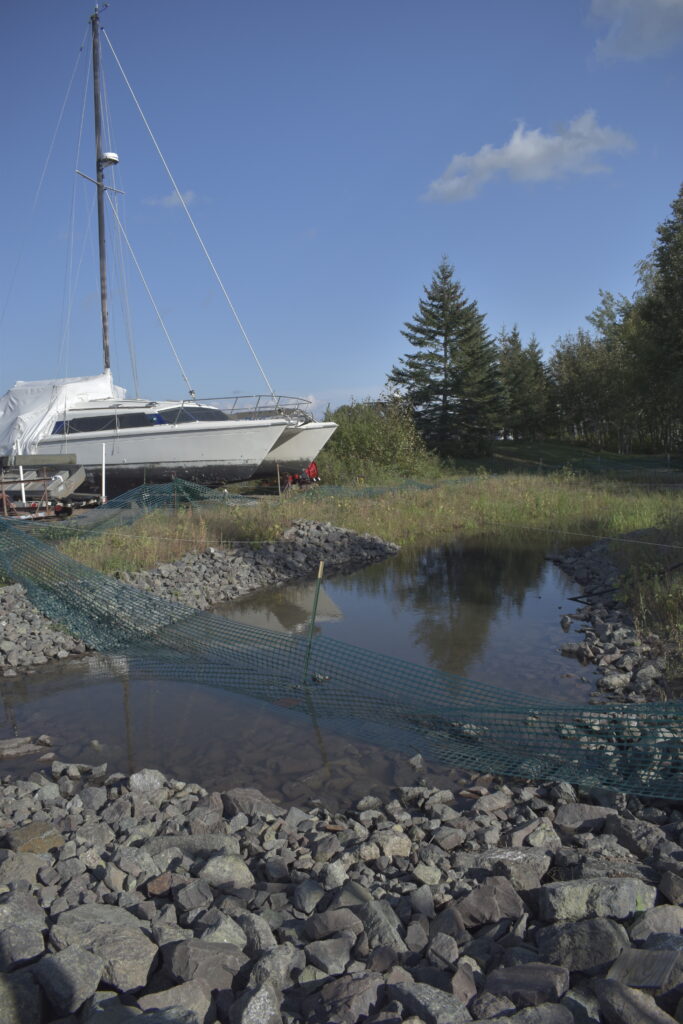Great Lakes groups hope EPA regional administrator revitalizes infrastructure, morale
Environmental groups say they hope that a new Environmental Protection Agency administrator for the Great Lakes region works to restore infrastructure while revitalizing an agency they say is depleted and demoralized.
The post Great Lakes groups hope EPA regional administrator revitalizes infrastructure, morale first appeared on Great Lakes Echo.Great Lakes Echo
http://greatlakesecho.org/2021/11/09/great-lakes-groups-hope-epa-regional-administrator-revitalizes-infrastructure-morale/

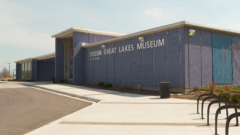

 The first episode features Craig Hoopman, a sixth-generation commercial fisherman from Bayfield, Wisconsin. Hoopman shares his beginnings in the business, current challenges, plus his dreams for the future. Also, Eat Wisconsin Fish Outreach Specialist Moen and Science Communicator Zhuikov share their backgrounds in fishing and introduce listeners to the Eat Wisconsin Fish campaign. During the “Fish-o-licious” part of the show, they cook
The first episode features Craig Hoopman, a sixth-generation commercial fisherman from Bayfield, Wisconsin. Hoopman shares his beginnings in the business, current challenges, plus his dreams for the future. Also, Eat Wisconsin Fish Outreach Specialist Moen and Science Communicator Zhuikov share their backgrounds in fishing and introduce listeners to the Eat Wisconsin Fish campaign. During the “Fish-o-licious” part of the show, they cook 